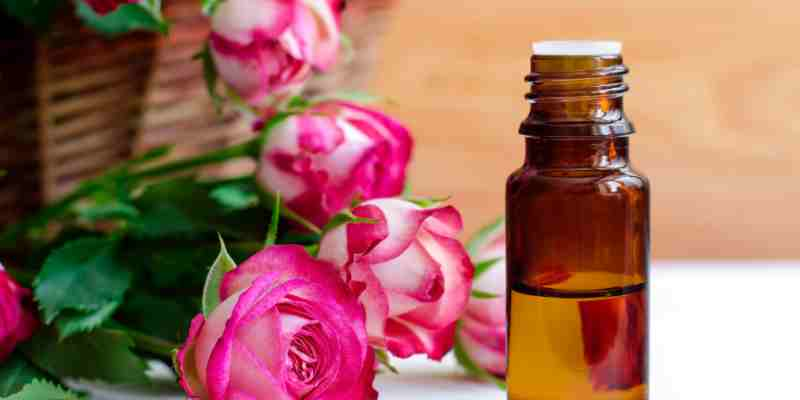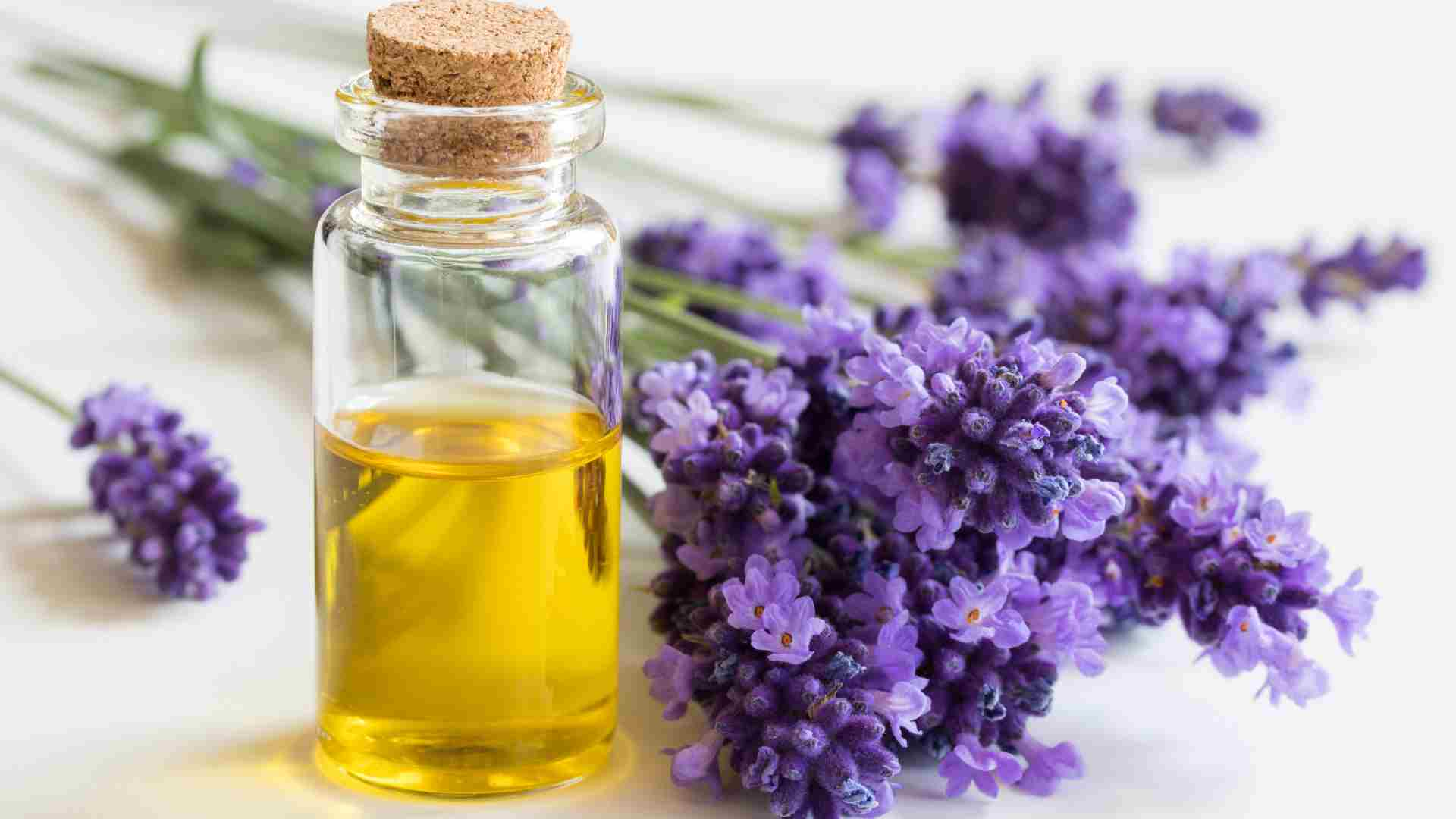When it comes to fragrance oil vs essential oil, many people are unsure which one to choose. Walk into any wellness store or candle shop, and you’ll see rows of beautifully packaged bottles, each promising to make your home smell wonderful or bring a sense of comfort. But knowing the difference between these two types of oils matters more than you might think. It helps you choose what’s right for your health, your home, and your daily routines.
The confusion is easy to understand. Both can fill a room with beautiful fragrance, both are used in diffusers, candles, and personal care products, and both look similar at first glance. Yet one comes directly from plants, while the other is carefully created in a laboratory.
In this article, we’ll clear up the mystery by explaining what each oil is, how they differ, and when to use them, so you can choose with confidence and enjoy the benefits each has to offer.
What Are Essential Oils?
Essential oils are highly concentrated extracts made from different parts of plants such as flowers, leaves, bark, stems, roots, and even peels. They capture the plant’s natural aroma and its most active compounds. It takes a surprising amount of plant material to create even a small bottle of oil, which is why these oils are so powerful and highly valued.
The way they are extracted is what makes them special. Most essential oils are produced through steam distillation, a gentle process that preserves their natural properties. Citrus oils, like lemon or orange, are an exception. They are usually cold-pressed from the peel, much like pressing olives for oil. These traditional methods ensure the oils keep their natural compounds and their unique benefits.
Essential oils are at the heart of aromatherapy, where they are used to support both emotional and physical well-being. Lavender is often chosen for relaxation and better sleep, while peppermint is valued for its refreshing, energising qualities and ability to sharpen focus. Eucalyptus is popular during cold season for its clearing effect, and chamomile is loved for its soothing, calming nature.
Beyond aromatherapy, essential oils have many practical uses in daily life. They can be diffused to set the mood, added to homemade cleaning solutions for a fresh and natural scent, or used in skincare when properly diluted. Lemon oil is excellent for cutting through grease, tea tree oil is widely used for blemish-prone skin, and frankincense is often included in mature skincare routines.
Because they are so concentrated, essential oils must be used with care – diluted properly and applied or inhaled in safe amounts.
With the right approach, they can bring the natural world into your home, adding both fragrance and wellness benefits to your everyday routine.

What Are Fragrance Oils?
Fragrance oils are blends created in laboratories to provide specific, long-lasting scents. Unlike essential oils, which come directly from plants, fragrance oils are made using a mix of natural and synthetic ingredients. Their main purpose isn’t to offer therapeutic benefits. It’s simply to smell good and to keep that scent for as long as possible.
Because fragrance oils are designed rather than harvested, they give perfumers and product makers almost endless options. From familiar scents like vanilla or apple pie to imaginative blends such as “ocean breeze,” fragrance oils make it possible to enjoy fragrances that nature alone could never provide.
These oils are especially popular in home fragrance products. They perform well in candles, wax melts, and soaps, where a strong, consistent scent is important. Fragrance oils are also more affordable than essential oils. This makes them an economical choice if you want to scent your home every day. Their long shelf life means they stay usable for longer. And their reliable performance has made them a favourite for creating room sprays, perfumes, and even seasonal projects like festive-scented candles.
If you love the idea of experimenting with a wide range of scents, or if you want to enjoy fragrances like vanilla sugar, tropical fruits, or fresh linen that don’t exist as essential oils, fragrance oils are the perfect solution. While they won’t offer the therapeutic effects of essential oils, they are unmatched for pure, lasting fragrance.
| Feature | Essential Oils | Fragrance Oils |
| Source | Pure plant extracts | Synthetic or blended |
| Purpose | Wellness and therapeutic | Scent only |
| Price | Higher | More affordable |
| Shelf Life | Shorter | Longer |
| Safety | Require dilution; may irritate sensitive skin | Not for skin (mainly for products) |
| Variety | Limited to plants | Almost unlimited scents |
| Uses | Aromatherapy, skincare | Candles, soaps, perfumes |

Can You Combine Fragrance Oil and Essential Oil?
You can mix fragrance oils and essential oils in certain situations, but only for non-therapeutic purposes. For example, blending a few drops of vanilla fragrance oil with orange essential oil in a candle recipe can create a warm, comforting scent. This approach is popular for home fragrance projects like candles or wax melts, where the goal is aroma rather than wellness benefits.
However, you should never mix fragrance oils with essential oils for skincare or aromatherapy. Fragrance oils are not designed for topical use and combining them with essential oils doesn’t make them safer. Keep therapeutic blends strictly essential oil-based, and reserve fragrance oils for products that are not applied to the skin.
By using each oil type for what it’s best at, you can experiment with unique scent combinations safely while still enjoying the benefits of pure essential oils where they matter most.
Final Thoughts
Fragrance oils and essential oils are different, but both have their place in creating a home that feels inviting and personal. Essential oils can bring a touch of nature’s support into your day, while fragrance oils offer endless scents to match every mood and season.
Once you understand how they work, you can use each with confidence and enjoy the best of both. Start simple, experiment, and find what fits your routine.
And if you’d like more practical ways to bring nature into your home, come back to The Nature’s Magic Hub for tips and inspiration.

